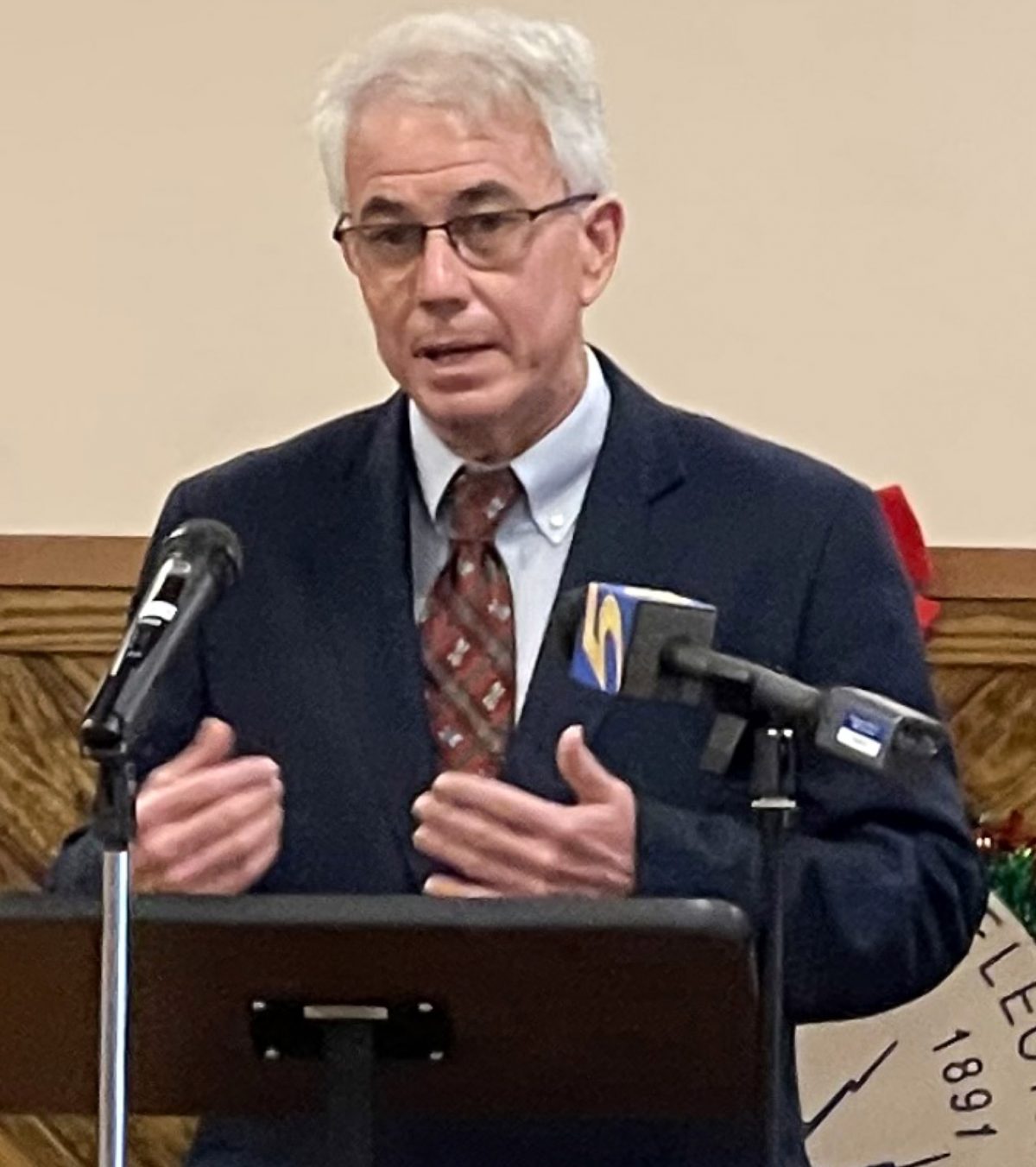Tennessee Attorney General Jonathan Skrmetti led a coalition of 17 states in filing a lawsuit against the federal government over new rules that would mandate pronoun respect in the workplace.
In September, the U.S. Equal Employment Opportunity Commission (EEOC) voted to approve updates to its workplace harassment rules. The new rules reflect changes in such laws, including the U.S. Supreme Court’s decision to protect employees against discrimination because of sexuality or gender identity (Bostock v. Clayton County), the #MeToo movement, and emerging issues such as virtual or online harassment.
The rules were published and given a period for public comment, and became federal law in late April.
“Harassment, both in-person and online, remains a serious issue in America’s workplaces,” EEOC chair Charlotte A. Burrows said in a statement at the time. “The EEOC’s updated guidance on harassment is a comprehensive resource that brings together best practices for preventing and remedying harassment and clarifies recent developments in the law.”
The EEOC said between fiscal years 2016 and 2023, more than a third of all discrimination charges received by the agency included an allegation of harassment based on race, sex, disability, or another characteristic covered by the laws enforced by the agency. Also, since fiscal year 2018, harassment has been alleged in over half of federal sector equal employment opportunity complaints. Among the 143 merits lawsuits that the commission filed last year, about 35 percent of them included an allegation of harassment.
However, Tennessee AG Skrmetti said companies should be able to use whatever pronoun they choose to use for their employees. As he has done in several such lawsuits in the past, Skrmetti claims the federal government is overreaching into powers given to states.
“In America, the Constitution gives the power to make laws to the people’s elected representatives, not to unaccountable commissioners, and this EEOC guidance is an attack on our constitutional separation of powers,” Skrmetti said in a statement. “When, as here, a federal agency engages in government over the people instead of government by the people, it undermines the legitimacy of our laws and alienates Americans from our legal system.
“This end-run around our constitutional institutions misuses federal power to eliminate women’s private spaces and punish the use of biologically-accurate pronouns, all at the expense of Tennessee employers.”
Skrmetti also complained about EEOC’s new rule that would make an employer liable if it limits access to a bathroom or other sex-segregated facility, such as a shower or locker room, based on biological sex and not on gender identity, the AG said. Skrmetti claimed employers also may be liable if a customer or other non-employee fails to use an employee’s preferred pronouns or refuses to share a restroom with someone of the opposite sex.
Tennessee is joined the lawsuit with attorneys general from Alabama, Alaska, Arkansas, Georgia, Indiana, Iowa, Kansas, Kentucky, Mississippi, Missouri, Nebraska, Ohio, South Carolina, South Dakota, Utah, Virginia, and West Virginia.
More broadly, the EEOC’s new rules protect an array of what the agency calls ”legally protected characteristics,” including race, skin color, religion, disability, age, and more. Workplace harassment includes saying or writing an ethnic, racial, or sex-based slur, forwarding an offensive or derogatory “joke” email, mocking a person’s accent, groping, touching, or otherwise physically assaulting a person, and more.
If a harassment claim is filed, business owners should investigate the matter and take corrective action, EEOC said. That action can include firing the employee, but it isn’t required. The employer can also mandate informal counseling, give a written warning, mandate harassment training, suspend the employee without pay, reassign them, or demote them to a non-supervisory position.









